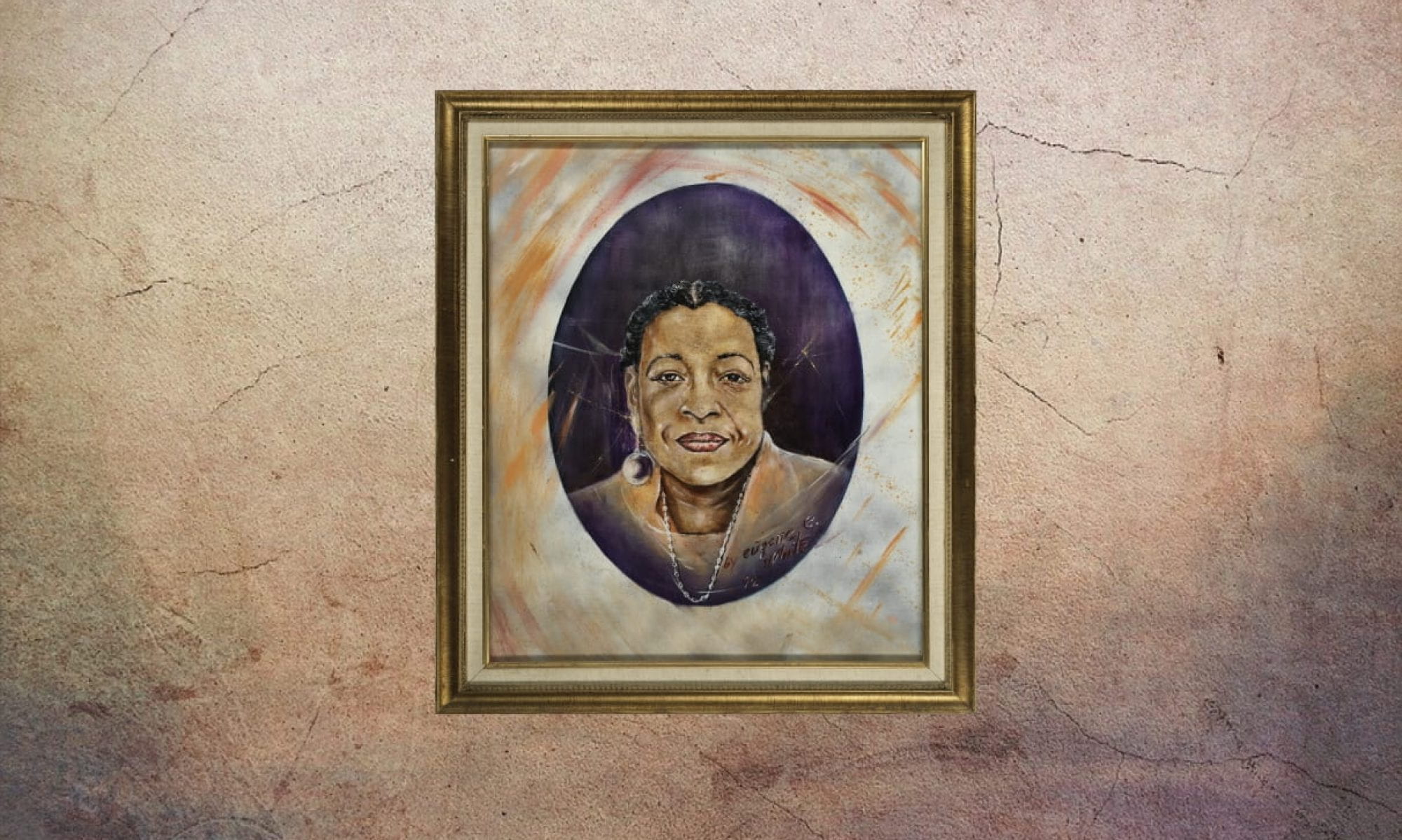
Revels Hiram Cayton was born in Seattle, Washington, in 1907, to a family of activists. His parents Susie Cayton and Horace Cayton, Sr., were influential middle-class African American leaders in Seattle. Horace, Sr., was born a slave in Mississippi. His life experiences drove him to create the Seattle Republican, a weekly newspaper he hoped would encourage activism within the black community. Revels’ mother Susie also grew up in Mississippi and was the daughter of the first African American U.S. senator, Hiram Revels. His accomplishment was always an inspiration to Revels Cayton and his siblings. Cayton was one of five children. His entire family was committed to furthering justice and racial equality. According to Horace, Jr., Cayton’s brother and an influential sociologist, “our goals were dictated by our past; we were obligated by our family history to [strive for] achievement in our fight for individual and racial equality.”
Revels was originally raised in one of the wealthiest parts of Seattle, but a string of bad luck led to financial hardship for his family. At the age of 15, Revels got a job as a telephone operator on various passenger ships. This is where he was first introduced to the lifestyles of maritime and other blue-collar workers. He worked as a waiter and was subjected to 16-hour work days. It wasn’t long before Cayton began his involvement with labor rights groups, namely the Colored Marine Employment Benevolent Association or CMEBA. This was an important stepping stone in him becoming an activist.
The Cayton family name was well known in the city of Seattle, especially in the political realm. In 1934, a group of Seattle communists, including Revels, stormed a local city council meeting demanding that discrimination based on race be made illegal. This act had such a strong impact on the council members that they decided to hold a larger meeting to discuss the conditions facing minorities in Seattle. Cayton also fought against a proposed anti-miscegenation law in Seattle, helping to keep Washington one of the only states in the country to allow interracial marriages. Revels undoubtedly left his mark on the city of Seattle, but his activism did not stop there.
Revels Cayton was a civil rights leader and a prominent labor organizer who held many important offi cial positions for the city of San Francisco.
Cayton moved to San Francisco, where he quickly became involved in maritime labor rights in the Bay Area. He became a prominent leader in the Marine Cooks and Stewards Union in San Francisco, and the Vice President of the Maritime Federation of the Pacific in July of 1937. In 1941, Revels moved to Los Angeles where he became the director of the State Congress of Industrial Organizations (CIO) Minorities Commission, and Vice President of the California State CIO Council.
In the following years, he once again became involved with the communist party. Cayton became the Executive Secretary of the Communist National Negro Congress (NNC) based in New York City. His move to New York had major impacts on his personal life. The move brought an end to his first marriage with Ethel Horowitz. He then met Lee Davidson who would become his second wife and mother to his son Michael Revels Cayton.
Revels Cayton returned to San Francisco in the early 1950s, and in the 60s he became heavily involved with the civil rights movement that was now in full swing. Cayton was appointed the Deputy Director of the San Francisco Housing Authority by John F. Shelley, as well as the San Francisco Human Rights Commissioner and Deputy Mayor for Social Programs under the Joseph Alioto administration. He officially stopped working for the city in 1972, but his advocacy for minorities and minority workers did not stop then. Cayton continued his work in public service but retired in 1988. He was actively involved in San Francisco’s civic and political sphere until his death on Saturday, November 4, 1995. He died in San Francisco at the age of 88.
Revels Cayton was a dynamic activist, his advocacy for people of color coalesced with his work as a prominent water-front labor organizer. Cayton is often remembered for the tenacity he demonstrated throughout his lifetime. In one instance, he had sent President Truman a telegram, notifying him of the demand for full freedom and absolute equality for people of color in the United States. Cayton’s distinguished career as an activist deeply shaped the cities of Seattle and San Francisco for the better.
— Delaney Miller and Isabel Tayag
Works Cited
Diaz, Ed. “Cayton, Revels (1907–1995).” The Black Past: Remembered and Reclaimed. Association for African American Historical Research and Preservation.
Falconer, Sarah. “Revels Cayton.” Civil Rights and Labor History Project. 2018.
“Revels Cayton Obituary.” SFGate. 6 Nov 1995.
Sixty-two Heroes and Pioneers of the Western Addition. San Francisco African American Cultural and Historical Society. 2010.
